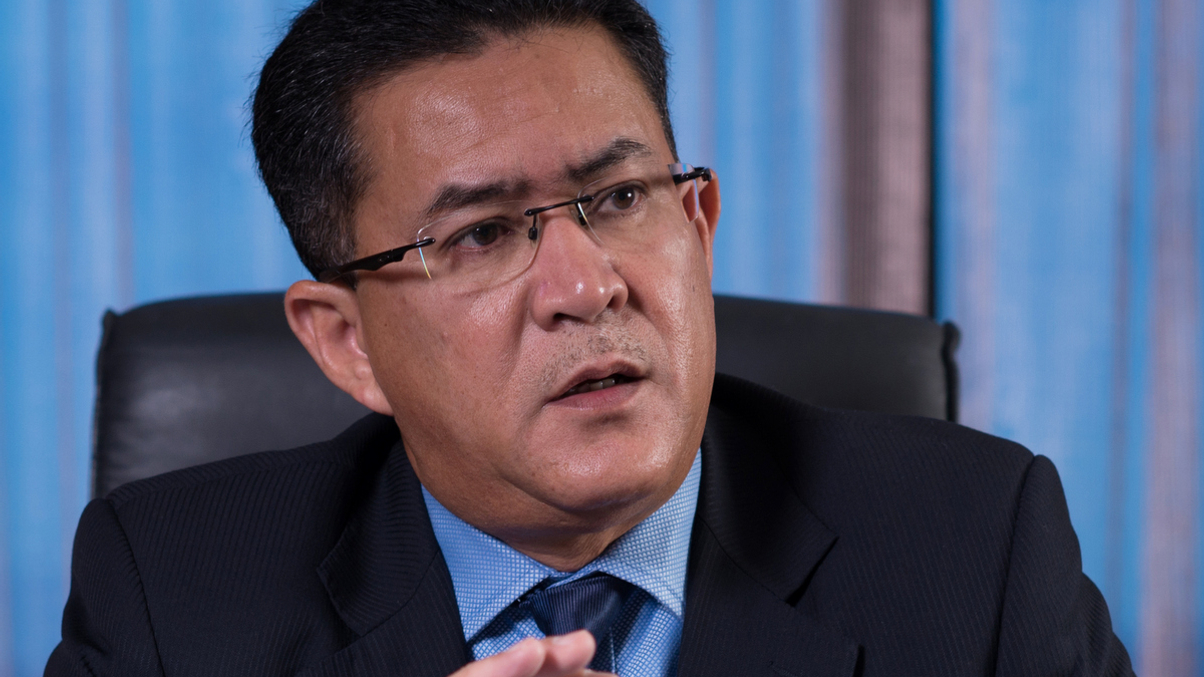Kwap to go fully sharia, may cut return target
The Malaysian $30 billion state pension plans to make all its portfolios 100% sharia-compliant and may reduce its performance target in light of prevailing low yields.

Malaysia's RM120 billion ($30 billion) civil servants’ pension fund, Kwap, has begun a shift towards running its entire investment portfolio on a sharia-compliant basis, AsianInvestor has learned. Meanwhile, like other institutional investors, it is growing increasingly concerned about its ability to achieve its performance targets.
Sign in to read on!
Registered users get 2 free articles in 30 days.
Subscribers have full unlimited access to AsianInvestor
Not signed up? New users get 2 free articles per month, plus a 7-day unlimited free trial.
¬ Haymarket Media Limited. All rights reserved.


